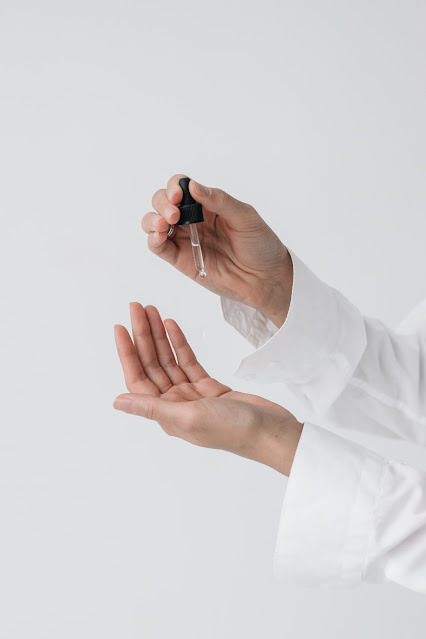Depression affects millions of people worldwide and can have a profound impact on daily life. While traditional antidepressant medications can be effective for many people, some individuals experience treatment-resistant depression that does not respond to these treatments. Ketamine is a relatively new treatment option that has shown promise in treating treatment-resistant depression, but it is important to understand when and where it is safe to use.
What is Ketamine?
Ketamine is a medication that was originally developed as an anesthetic for surgical procedures. In recent years, it has been used off-label to treat depression, particularly in individuals who have not responded to other treatments. Ketamine works by blocking N-methyl-D-aspartate (NMDA) receptors in the brain, which has been shown to have antidepressant effects.
When is Ketamine Used for Depression?
Ketamine is typically used for individuals with treatment-resistant depression, which is defined as depression that has not responded to at least two other treatments. It may also be used in emergency situations when an individual is experiencing severe depression symptoms and is at risk of self-harm or suicide.
Where is Ketamine Administered?
Ketamine for depression can be administered in a variety of settings, including a hospital, clinic, or doctor's office. In some cases, it may be administered at home by a healthcare professional. It is important to note that ketamine should always be administered under the supervision of a qualified healthcare professional.
Is Ketamine Safe?
Ketamine can have side effects, including dissociation, hallucinations, and changes in blood pressure and heart rate. These side effects are generally short-lived and go away soon after the medication is discontinued. However, it is important to understand that ketamine has the potential for abuse and addiction, particularly when used outside of a medical setting.
It is also important to note that the long-term effects of ketamine use for depression are not fully understood. Research is ongoing to determine the safety and efficacy of ketamine for long-term use in treating depression.
Conclusion
Ketamine can be an effective treatment option for individuals with treatment-resistant depression. However, it is important to understand when and where it is safe to use. Ketamine should always be administered under the supervision of a qualified healthcare professional in a medical setting. If you are considering ketamine for depression treatment, make sure to discuss the potential risks and benefits with your healthcare provider to make an informed decision about your treatment options.












0 Comments:
Post a Comment